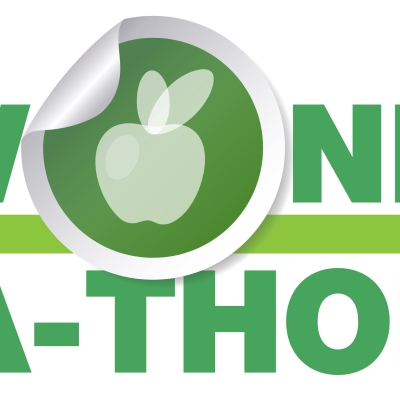Everyone knows that impenetrable jargon is to the education community what sputtering indignation is to Twitter: both irritating and contagious. When teachers and administrators hold forth on the importance of psychometrics and normed modality processing, it emboldens the rest of us to test our comfort with stackable credentials and mastery-based learning. And in the midst of this morass of deliberate obscurantism, a term like “career-ready” should seem like a godsend. But as this new brief from ACT, Inc. reminds us, there are important nuances to even the most outwardly simple concepts.
Nearly ten years ago, the organization released Ready for College and Ready for Work: Same or Different?, a similar publication that made the case for equivalently rigorous education for all high school graduates, regardless of whether they matriculate into colleges or head directly for the workplace. As the authors of Unpacking “Career Readiness” note, the earlier brief “described college and career readiness in terms of benchmarks focusing solely on academic assessments and the level of education…required for success in postsecondary education or targeted workforce training.” They concede, though, that subsequent research “has clearly established the value of additional areas of competency that are important for both college and career readiness and success.”
Those unexplored areas fall largely into the realm of what are now commonly called “non-cognitive” abilities—habits of mind and behavior like stress management, cooperation, critical thinking, and adaptability, which contribute greatly to success in the professional world. ACT divides these skills into four categories and (surprise, surprise) touts its array of tests as the ideal tools to assess them. None of this is groundbreaking, surely, but it’s good to see one of the country’s leading testmakers diversifying its conception of aptitude.
Even more useful is the brief’s breakdown of the rather airy concept of career readiness into three increasingly specific categories: “work readiness,” a kind of foundational standard indicating general preparation for post-graduation job training; “career readiness,” which narrows the focus on different career clusters (e.g., health care, manufacturing, information technology) and the knowledge that must accompany them; and finally “job readiness,” referring to academic skills that are additionally refined for individual occupations. The terminology will hopefully give us a more detailed picture of what graduates are equipped to take on after the K–12 years. No, it may not be as much fun as talking about morphosyntactic skills. But it could actually, you know, make sense.
SOURCE: “Unpacking ‘Career Readiness’,” ACT, Inc. (April 2015).
